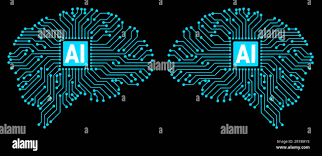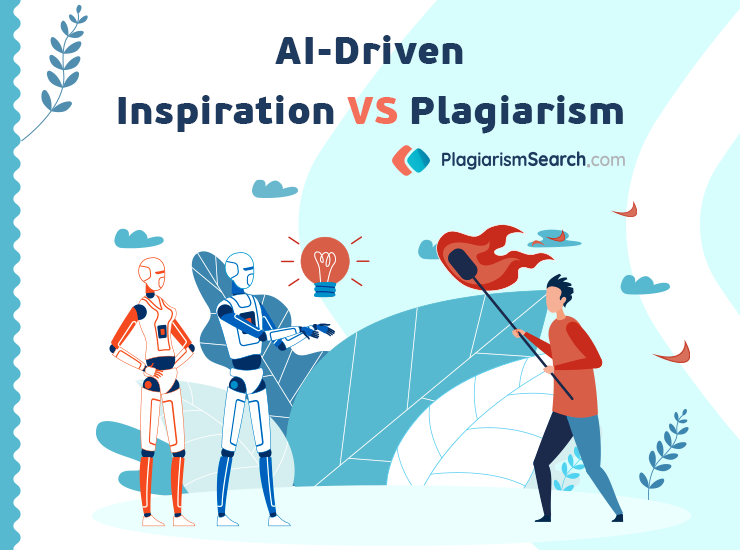
Artificial Intelligence(AI) and Large Language Models (LLMs) have revolutionized various industries, including education and academic writing. Knowledge-engineered writing tools such as ChatGPT, Grammarly, and QuillBot have become essential resources for students, researchers, and educators. These tools offer automated assistance in generating, structuring, and refining academic content, enhancing both productivity and writing quality. However, concerns about ethical use, originality, and dependency on AI-generated content remain significant. This case study explores the effectiveness of these technologies in academic writing, analyzing their benefits, limitations, real-world applications, and ethical considerations.
 The rise of artificial intelligence in academic writing has been fueled by advancements in Natural Language Processing (NLP) and Machine Learning (ML). LLMs like OpenAI’s GPT-4, Google’s Gemini, and Meta’s Llama have demonstrated impressive capabilities in generating human-like text. These models are trained on vast datasets and can assist with research, writing, grammar correction, summarization, and content enhancement.
The rise of artificial intelligence in academic writing has been fueled by advancements in Natural Language Processing (NLP) and Machine Learning (ML). LLMs like OpenAI’s GPT-4, Google’s Gemini, and Meta’s Llama have demonstrated impressive capabilities in generating human-like text. These models are trained on vast datasets and can assist with research, writing, grammar correction, summarization, and content enhancement.
Several studies have examined the impact of AI on academic performance. A 2023 survey by Harvard University found that 76% of students who used assisted writing tools reported improved writing efficiency and content quality. Similarly, a report from Stanford University highlighted that AI-driven tools helped students reduce writing errors by 35%, resulting in better academic performance.
For further reading on Machine learning in education, visit:
Robotics-powered tools significantly speed up the writing process. Students and researchers can generate outlines, structure essays, and refine their writing with minimal effort. Knowledge engineered suggestions help improve coherence, clarity, and academic tone, reducing the time required to produce high-quality content.
Tools like Grammarly and ProWritingAid provide real-time grammar and spell-checking assistance, enhancing readability. These tools ensures proper sentence structure, punctuation, and academic style consistency, reducing the likelihood of grammatical errors.
Academic integrity is a crucial aspect of scholarly writing. Expert system-powered plagiarism detection tools such as Turnitin and Copyscape help students and researchers identify and eliminate unintentional plagiarism, ensuring originality in their work

Deep learning models can summarize vast amounts of research material quickly, allowing students to extract key insights from academic papers, books, and journals. Platforms like Google Scholar AI and Semantic Scholar help in finding credible sources and relevant literature efficiently.
LLMs support multiple languages, enabling non-native English speakers to improve their academic writing skills. Natural language processor driven translation and contextual grammar correction allow students from diverse linguistic backgrounds to express their ideas effectively.

LLMs are trained on vast datasets that may contain biases. As a result, content generated by these tools can sometimes reflect historical, cultural, or ideological biases. Additionally, Robotics can produce misleading or incorrect information, requiring users to fact-check and verify sources.
Over reliance on these tools raises ethical questions about academic honesty. Many universities have implemented policies restricting content generated from these tools in coursework. Some educators argue that excessive electronic data processing assistance may hinder students’ ability to develop independent research and writing skills. Universities such as MIT and Oxford have introduced AI usage guidelines to prevent academic misconduct. To curb these StudyCreek has professional writers that provide academic essays that are AI free.
Neutral network struggles with highly specialised or technical research that requires domain expertise. It may not fully comprehend nuanced academic arguments, complex methodologies, or original theories, limiting its effectiveness in advanced academic writing.

A total of 500 undergraduate and graduate students from three major universities (MIT, Oxford, and University of Toronto) participated in this study. The students were divided into two groups:
The study measured the following parameters:
These have significantly enhanced academic writing by improving efficiency, grammar, and research capabilities. However, challenges such as ethical concerns, lack of originality, and potential biases remain. By striking a balance between large language model assistance and independent thought, students can leverage it effectively while maintaining academic integrity. As artificial intelligence continues to evolve, responsible usage will be key to its integration into education.
Delivering a high-quality product at a reasonable price is not enough anymore.
That’s why we have developed 5 beneficial guarantees that will make your experience with our service enjoyable, easy, and safe.
You have to be 100% sure of the quality of your product to give a money-back guarantee. This describes us perfectly. Make sure that this guarantee is totally transparent.
Read moreEach paper is composed from scratch, according to your instructions. It is then checked by our plagiarism-detection software. There is no gap where plagiarism could squeeze in.
Read moreThanks to our free revisions, there is no way for you to be unsatisfied. We will work on your paper until you are completely happy with the result.
Read moreYour email is safe, as we store it according to international data protection rules. Your bank details are secure, as we use only reliable payment systems.
Read moreBy sending us your money, you buy the service we provide. Check out our terms and conditions if you prefer business talks to be laid out in official language.
Read more